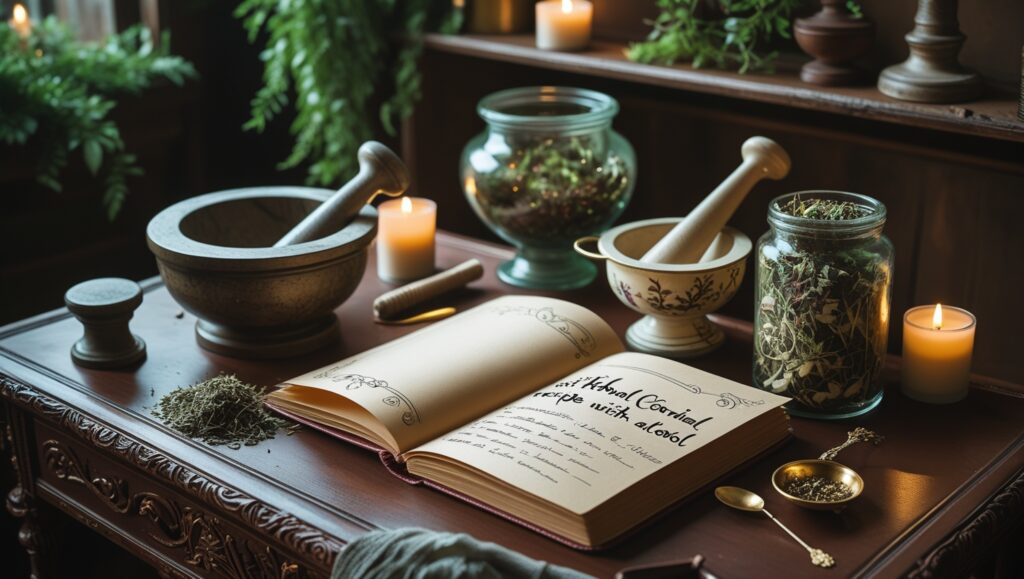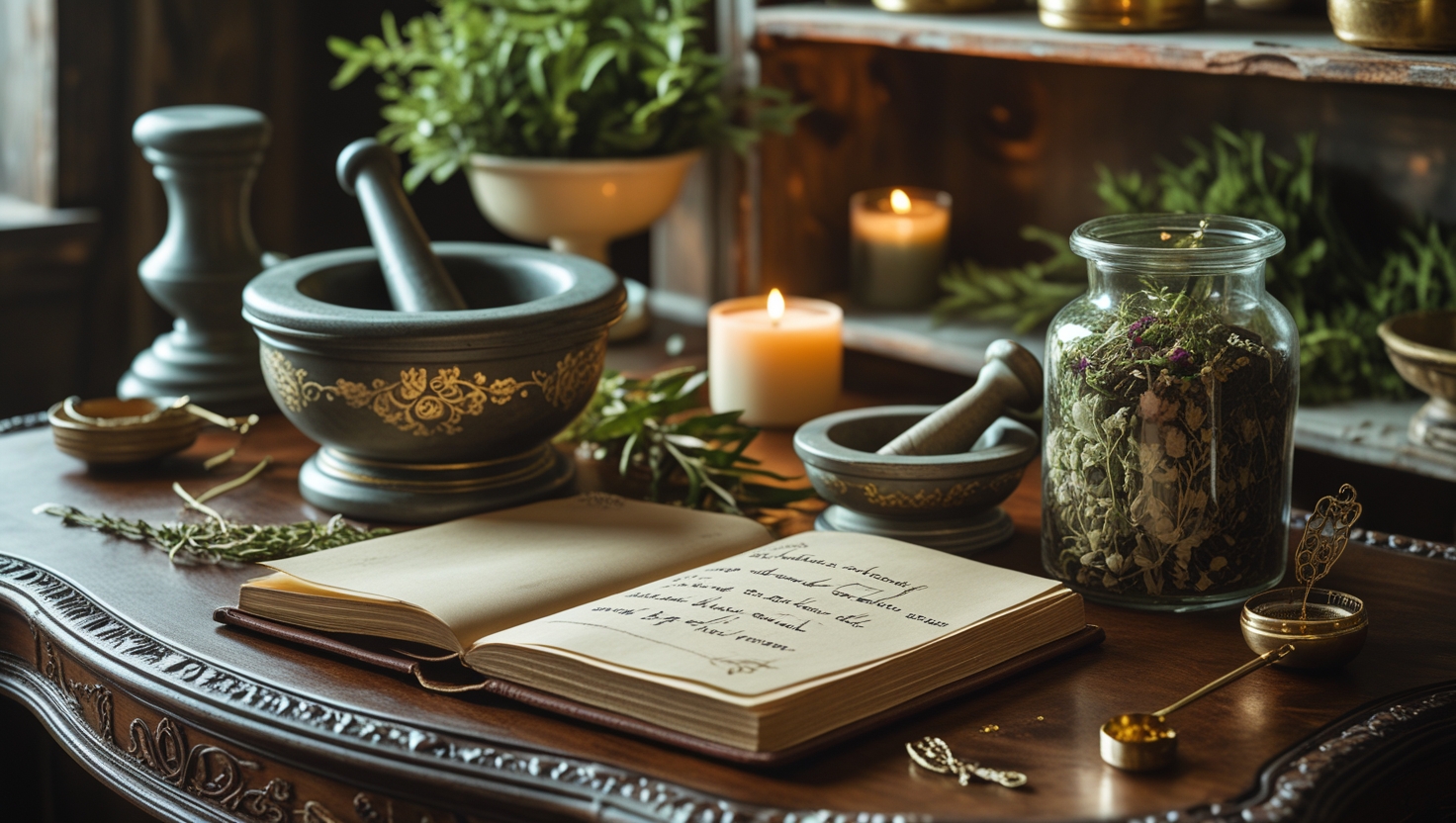Herbal Cordial Recipe with Alcohol: A Personal Guide to Flavorful Infusions
A Personal Journey into Cordial Making
My love for cordial drinks started during a summer in the countryside where the scent of wild elderflower and juniper berries filled the air. One afternoon, I tasted a raspberry cordial at a local farmer’s market—it was both refreshing and nostalgic. That experience sparked my desire to create a herbal cordial recipe with alcohol using fresh ingredients and age-old methods passed down through my family.
Since then, I’ve experimented with everything from elderberry cordial to blackberry cordial recipes, both alcoholic and non-alcoholic, creating custom blends that have become family favorites.
🍸 What Is a Cordial?
A cordial—also called a liqueur or herbal liqueur recipe—is a sweet, often herb- or fruit-based syrup infused in alcohol. The cordial definition varies globally, but traditionally, it is meant to be a flavorful sipper or mixer, used in cocktails, mocktails, or as a digestif.
If you’ve wondered, “Is cordial alcohol?”—the answer is yes, if alcohol is used in the infusion. But there are also many delightful non-alcoholic cordial recipes, perfect for kids or sober gatherings, often referred to as fruit syrup or shrub drinks.
🧪 Choosing the Right Ingredients
1. Alcohol Base
Choose a clean spirit like:
- Vodka – ideal for subtle infusions
- Brandy – adds depth and richness
- Rum – great for tropical or spice-forward blends
Wondering which alcohol is best for tinctures or infusions? For a smoother finish, I recommend brands like Banyan Botanicals or exploring tincture-grade spirits from Amazon UK or Mountain Rose Herbs.
2. Herbs, Fruits, and Spices
- Fresh herbs like mint, rosemary, and basil
- Dried hibiscus flowers for tartness
- Juniper berries for a piney bite
- Fruits like raspberry, cherry, blackberry (check out my favorite blackberry cordial recipe below)
3. Sweeteners
Use honey, maple syrup, or raw sugar to balance alcohol’s sharpness. You could also try alternatives like xylitol if you’re watching sugar intake.
🍓 My Favorite Alcoholic Raspberry Cordial Recipe
This alcoholic raspberry cordial recipe is a staple in my kitchen during berry season:
Ingredients:
- 2 cups fresh raspberries
- 2 cups vodka (or brandy)
- 1 cup sugar
- 1 tsp lemon zest
- Optional: splash of lime cordial or ginger syrup for brightness
Steps:
- Combine raspberries and vodka in a jar.
- Let infuse in a dark place for 2-4 weeks.
- Strain, then stir in sugar and lemon zest.
- Age for another week before bottling.
Tip: Add a dash of Angostura bitters or Peychaud’s bitters for depth when serving it with soda or tonic.
🌼 Elderflower Cordial Recipe (Alcoholic & Non-Alcoholic)

Elderflower cordial is a fan favorite, and for good reason—it’s floral, light, and pairs well with champagne in a kir royale recipe.
Alcoholic version:
- Use vodka or white rum as your base
- Add elderflowers, lemon slices, and sugar
- Let steep for 2-3 weeks
Non-alcoholic version:
- Simmer elderflowers with lemon cordial, sugar, and water
- Strain and refrigerate – makes a great zero-proof summer drink
Learn how to make elderflower cordial and store it in bottles from Amazon UK for gifting!
💡 Herbal Cordial Expert Tips
- Always use sterilized jars for infusion
- Store finished cordials in a cool, dark place
- For a caffeine-free option, blend with herbal tea
- Add verjus, pomegranate syrup, or yuzu juice for a gourmet twist
Want to try something whimsical? Use this cordial recipe to create a Butterbeer recipe with alcohol using ginger cordial, butter extract, and cream soda!
🧪 Tinctures vs Cordials
Many ask about the difference between a tincture and a cordial. A tincture is usually unsweetened and stronger, often used medicinally. In contrast, a cordial is meant for enjoyment.
Curious why people use alcohol in tinctures? It extracts both water- and alcohol-soluble compounds from herbs. That’s why you’ll hear questions like “why use vodka for tinctures?”
📏 Helpful Conversions for Cordial Makers
- ml to oz = multiply ml by 0.034
- oz to ml = multiply oz by 29.5735
- quart to ml = 946.35 ml
- tsp to oz = 0.1667 oz
🧁 Bonus: Cordials in Cooking
- Use elderberry cordial in your tiramisu recipe with alcohol
- Add cherry cordial to your cheesecake recipe swirl
- Splash blackberry cordial over vanilla ice cream
🥂 Final Thoughts
Crafting your own herbal cordial recipe is more than just a hobby—it’s a chance to connect with nature, understand ingredients, and delight your taste buds.
Whether you’re making a fruit cordial recipe for the holidays, a lime cordial recipe for your cocktails, or testing your own herb cordial recipes, there’s no better way to celebrate the season than by bottling a little joy.
Still wondering what does cordial mean or what alcohol is in White Claw? That’s a different kind of drink—but one thing’s clear: with a bit of patience and creativity, you can create beverages just as refreshing, with far more character.
🍹 Related Recipes You Might Like
- Butterbeer recipe (alcoholic and zero-proof)
- Rhubarb cordial recipe
- Shrub recipe using vinegar-based infusions
- Jungle juice recipe alcohol style party punch
- Eggnog recipe and festive cordials
Drink mindfully and enjoy the fruits (and herbs) of your labor! 🌱
Frequently Asked Questions (FAQs)
1. What herb is used in alcoholic cordial?
Many herbs can be used depending on the flavor profile you want. Popular choices include rosemary, basil, mint, damiana, and elderflower. For a warming winter cordial recipe, spices like cinnamon, cloves, and ginger work wonderfully too.
2. How to make an herbal cordial?
To make an herbal cordial, steep fresh or dried herbs (like dried hibiscus flowers, juniper berries, or elderberries) in alcohol (vodka or brandy are great choices), then sweeten with honey, sugar, or maple syrup. Let it infuse for 2–4 weeks, strain, and bottle. This is the basic structure for most herbal liqueur recipes or herb cordial recipes.
3. Can you drink alcohol with cordial?
Absolutely! Cordial drinks are often meant to be sipped directly or mixed with spirits. Think of cordial as a flavorful syrup that pairs beautifully with soda water, tonic, or even in cocktails like Kir Royale or with bitters like Angostura bitters.
4. How long does homemade cordial last?
A homemade herbal cordial made with alcohol and stored properly in sterilized bottles can last 6–12 months or even longer. If you’re making a non-alcoholic cordial recipe, it’s best consumed within 2–3 weeks and kept refrigerated.
5. What is an easy herbal cordial recipe with alcohol?
Try this: Combine fresh mint, lemon zest, vodka, and honey. Let it steep for 10 days, strain, and enjoy. This easy herbal cordial recipe with alcohol is refreshing and versatile—great in summer cocktails or served over ice.
6. What is the best herbal cordial recipe with alcohol?
The best herbal cordial recipe depends on your taste, but my favorite combines elderflower, lemon, and vodka with a touch of ginger syrup. It’s floral, slightly spicy, and perfect as a herbal digestif liqueur after meals.
7. How do I make a herbal cordial recipe with alcohol and honey?
Start with a strong herb like rosemary or damiana, add vodka and steep for 2 weeks. Strain and stir in raw honey to taste. This type of herbal cordial recipe with alcohol and honey is soothing, especially in cooler months.
8. Can you recommend some herb cordial recipes?
Sure! Here are a few:
- Rosemary cordial with orange peel and brandy
- Damiana cordial recipe with cacao nibs and vanilla
- Blackberry cordial recipe with mint and rum
- Elderflower cordial recipe with lemon and vodka
These can be turned into both alcoholic cordial recipes or adapted as non-alcoholic cocktails with zero-proof bases.
9. What is a Herbal Digestif Liqueur?
A herbal digestif liqueur is a type of herbal cordial meant to aid digestion. It typically contains bitters like Angostura bitters, herbs like juniper berries, and warming spices, infused in a strong spirit. Often sipped after meals, they’re a traditional European staple.
10. What is a good winter cordial recipe?
A cozy winter cordial recipe might include:
- Cinnamon sticks
- Cloves
- Orange peel
- Star anise
- Brandy
Steep the ingredients for 3 weeks and sweeten with honey for a warming herbal cordial that pairs well with festive dishes.

